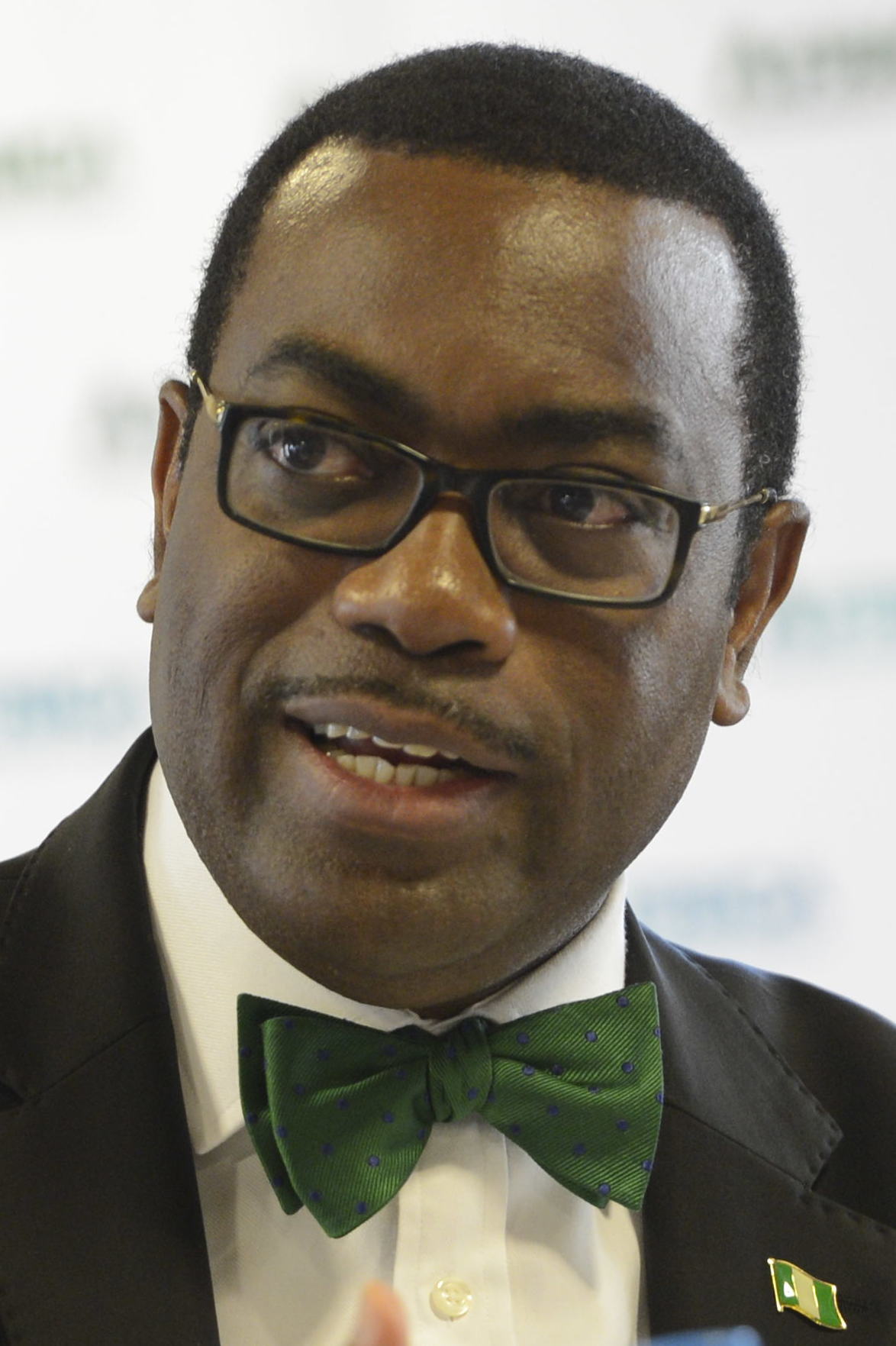
By Jeff Kapembwa
African leaders need to innovate, be practical, decisive and bold in its fight against hunger taunting over 3 billion inhabitants and spurred by climate change coupled with global financial shocks, among other factors escalating poverty on the continent, an African bank says.
The spiraling effects of climate change, global financial shocks and growing food insecurity are threatening Africa’s potential to remain a global fastest-growing continent and hampering achievement of global development goals deemed as the panacea for the plight of the inhabitants.
The African Development Bank, the continent’s premier financial institution, has to date committed a whooping $2 billion to equity investments, galvanising domestic and foreign dialogue among private and commercial limited partners.
The funding has further helped actualise development finance institutions, general partners and management teams operating on the continent.
It remains resolved to stand-by Africa in its quest to redress all shortcomings, chiefly poverty which has escalated abnormally and caused by climate change and other factors, but needs commitment from the leaders and development partners to redress the oils on the continent.
Bank’s president Dr. Akinwumi Adesina, realizing the cost of laxity in decision making, calls on developing partners in collaboration with African leaders to unite and innovate, make bold reforms to fight hunger and avert reversing Africa’s growth projector.
“We need bolder resolve, innovative and practical solutions, and stronger coordinated action at scale,” Adesina, who is leading the bank’s delegation participating in key sessions of the Bretton Wood institutions’ (World Bank, International Monetary Fund) said during a meeting of multilateral development bank (MDB) heads with the G20 Global Alliance against Hunger and Poverty.
The MDB leaders met on the sidelines of the International Monetary Fund and the World Bank Group’s ongoing annual meetings in Washington DC.
Dr. Adesina is preoccupied with finding solutions to among other priority concerns for Africa: combating hunger and eliminating malnutrition, providing electricity to 300-million people by 2030, scaling up infrastructure for agricultural and industrial transformation.
AfDB remains desirous to sustain the fight to combating climate change, and supporting some of the world’s most fragile nations by mobilising additional resources for the African Development Fund – the bank group’s concessional lending arm and seeks collaboration.
“Our strength lies in consolidating our collaboration, mobilizing resources at speed and scale, and deploying them where they are needed most,” Adesina said.
The AfDB has also prioritized the need to consolidate partnerships with partner multilateral development banks such as the World Bank.
The two institutions are working on co-hosting an Africa Energy Summit in Tanzania in January 2025 to accelerate Mission 300, a joint initiative to connect 300-million people in Africa to electricity by 2030.
African leaders are expected to endorse an Africa Energy Compact by the close of the summit.
The 2024 Africa Investment Forum, taking place in Morocco in December, offers opportunities for international investors.
The forum has attracted over $180-billion in investment interest in Africa over the last five years across various sectors including agribusiness, energy, roads and transport, health, and digital technology.
Recently, US Secretary of the Treasury Janet Yellen spoke on the Evolution of MDBs and their significant achievements in the development agenda for Africa and the world.
She highlighted the increase in May of the Bank’s callable capital, the Mission 300 joint initiative with the World Bank and the African Development Bank’s work on addressing fragility in various parts of the continent.
“Outside of crisis contexts, countries are increasingly addressing the underlying drivers of fragility and conflict, such as in the case of an African Development Bank loan to the Democratic Republic of Congo to invest in increasing agricultural productivity in communities that had been displaced,” Yellen said.
AfDB’s total equity portfolio has escalated to US$2 billion of which $836 million is committed to private equity funds and a further $253 million invested in direct equities.
A total 37 private equity funds had been approved as of 31 March 2012, investing across a broad range of sectors and geographies.
Leverage:
For every $1 million the Bank invests in private equity, a further $5 million is invested by other institutions and individuals.
By helping to create and sustain this industry, the African Development Bank Group can unlock capital from other private and public sector investors around the world, according to data on the Bank’s website.
The forum has attracted over $180-billion in investment interest in Africa over the last five years across various sectors including agribusiness, energy, roads and transport, health, and digital technology.
Recently, US Secretary of the Treasury Janet Yellen spoke on the Evolution of MDBs and their significant achievements in the development agenda for Africa and the world.
She highlighted the increase in May of the Bank’s callable capital, the Mission 300 joint initiative with the World Bank and the African Development Bank’s work on addressing fragility in various parts of the continent.
“Outside of crisis contexts, countries are increasingly addressing the underlying drivers of fragility and conflict, such as in the case of an African Development Bank loan to the Democratic Republic of Congo to invest in increasing agricultural productivity in communities that had been displaced,” Yellen said.
AfDB’s total equity portfolio has escalated to US$2 billion of which $836 million is committed to private equity funds and a further $253 million invested in direct equities.
A total 37 private equity funds had been approved as of 31 March 2012, investing across a broad range of sectors and geographies.
Leverage:
For every $1 million the Bank invests in private equity, a further $5 million is invested by other institutions and individuals.
By helping to create and sustain this industry, the African Development Bank Group can unlock capital from other private and public sector investors around the world, according to data on the Bank’s website.
